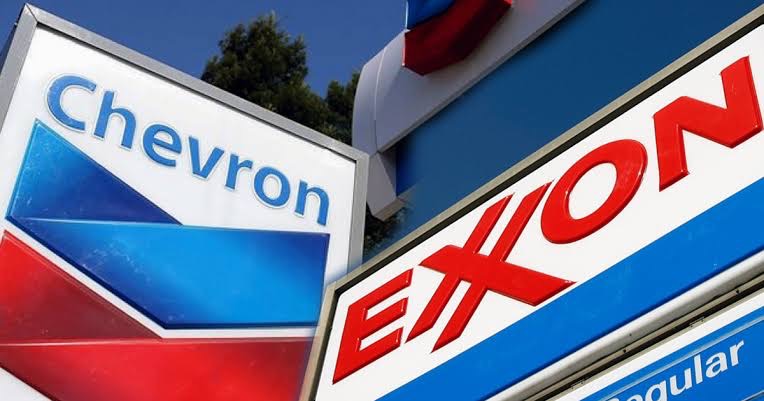KEY POINTS
- Chevron nears final approval for $35bn Leviathan gas expansion in Israel amid regulatory delays.
- ExxonMobil takes a 60% stake in Greece’s Block 2 as part of a wider Eastern Mediterranean push.
- Projects could reshape regional gas flows, boosting exports to Egypt and Europe by the end of the decade.
Chevron confirmed this week it is nearing a final investment decision on the second phase of its 22 trillion cubic foot Leviathan gas field offshore Israel, a project estimated to be worth around $35 billion.
The expansion plan, developed in partnership with Israel’s NewMed and RatioEnergies, aims to boost gas exports to Egypt, yet it still awaits formal approval from Israel’s energy ministry.
In August, the Leviathan consortium struck a deal with Egypt’s Blue Ocean Energy to supply an additional 130 billion cubic metres of gas in two stages; 20 Bcm starting in 2026, and a further 110 Bcm from 2029. However, Energy Minister Eli Cohen has withheld his signature on the export permit, citing the need for fair domestic pricing before Israel approves large-scale exports.
The deadlock comes as Washington pushes for greater regional economic cooperation following a fragile ceasefire between Israel and Hamas. The Biden administration views East Mediterranean energy ties as a potential stabilising force, particularly in reconstruction efforts involving Egypt and Gulf states.
Chevron’s Expansion Could Double Israel’s Gas Export Capacity
Chevron has also highlighted its transport deal with state-owned Israel Natural Gas Lines, which includes plans for a new Nitzana pipeline linking southern Israel to Egypt. The project could channel up to 600 million cubic feet per day to Egypt’s energy-starved market. Combined with other planned infrastructure, Israel’s total gas export capacity could more than double to 2.2 billion cubic feet per day by 2028.
Industry analysts say the Leviathan expansion could help strengthen Egypt’s position as a regional gas hub while improving energy security for Europe, which has sought alternatives to Russian supplies. Still, rising regional tensions and Israel’s internal energy politics could slow the project’s momentum.
Meanwhile, ExxonMobil is quietly stepping up its own East Mediterranean ambitions. The company has farmed into Block 2 offshore Greece, acquiring a 60% stake in the concession, with Energean retaining 30% and HelleniQ Energy holding 10%. The field, located in the Ionian Sea near Italy’s maritime boundary, is ready for exploratory drilling.
Energean said it will operate the block during the exploration phase, with Exxon taking over if commercial hydrocarbons are discovered. Drilling is scheduled for late 2026 or early 2027, pending regulatory approval, marking Greece’s first offshore exploratory well in more than four decades.
Greek Upstream Revival Gathers Pace
The move reflects a broader revival in Greece’s offshore sector, inspired by recent discoveries such as Egypt’s 21.5 Tcf Zohr field and Israel’s Leviathan. A government study in 2013 estimated that blocks south of Crete alone could hold up to 3 trillion cubic metres of gas.
In 2019, Greece opened its upstream to global majors, approving entries from Exxon and TotalEnergies, particularly in areas off western and southern Crete. If exploration proves successful, Greece could emerge as a new player in Europe’s gas diversification efforts.
For both Chevron and Exxon, the East Mediterranean offers a rare convergence of opportunity and complexity, vast untapped reserves set against a backdrop of shifting geopolitics, rising energy demand, and the delicate balancing act of export diplomacy.



